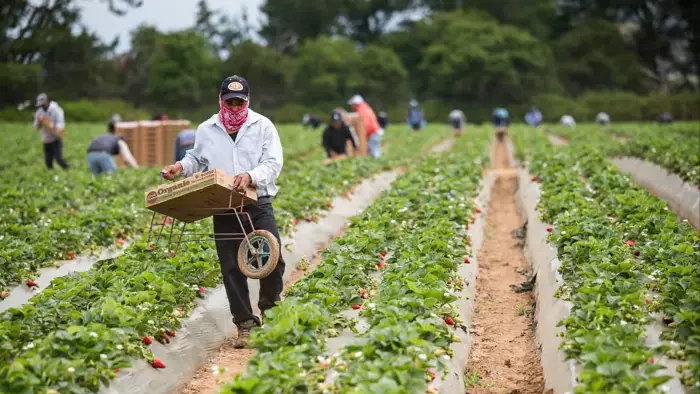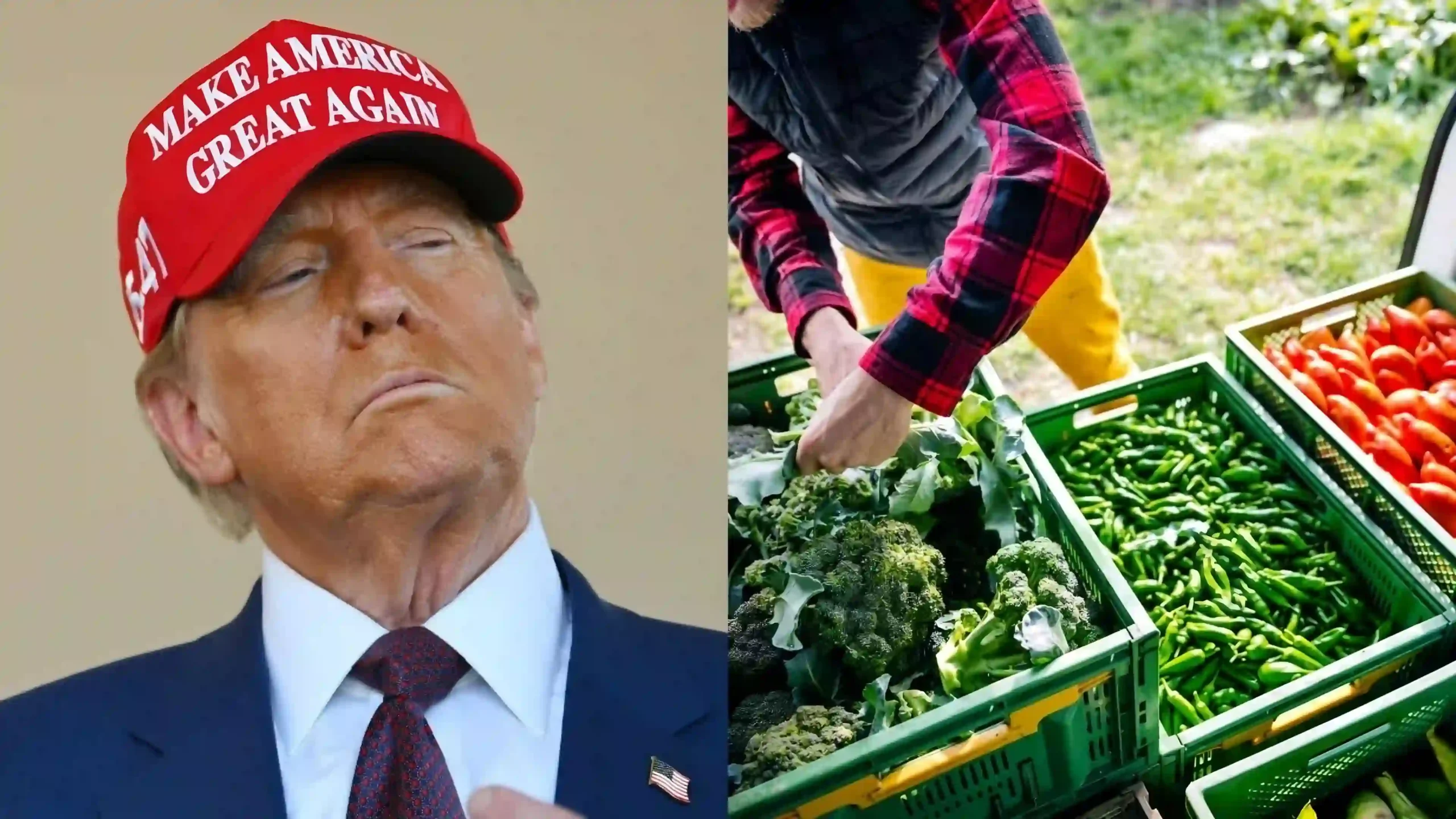Farmers in California’s Central Valley face a grim reality. Fields once bustling with workers now stand eerily silent, with oranges left to rot and crops wasting away under the sun.
The culprit? Stricter immigration policies that have driven fear into the heart of the immigrant workforce—the backbone of American agriculture.
After an Immigration and Customs Enforcement (ICE) raid in Bakersfield, workers didn’t show up for days. Farmers reported losing up to 75% of their labor force almost overnight.
For some, the losses weren’t just financial; they were personal. Entire families, too afraid of being separated, abandoned fields they once nurtured.
This ripple effect could soon touch every plate in America.
Fear Grips the Fields
The Trump administration’s approach to immigration enforcement has left farmworkers in a state of constant fear.
Policies that permit arrests at schools, hospitals, and even grocery stores have shattered any sense of security.
For many immigrants, just stepping outside feels like a gamble. Parents hesitate to send their children to school.
Families skip essential trips to buy food or medicine. This pervasive fear keeps workers out of fields and businesses out of profit.

The Hidden Costs of an Empty Workforce
When crops go unpicked, the consequences stretch far beyond the farms. Consumers feel the pinch at the grocery store as food prices rise.
Restaurants struggle to maintain supply chains, and small businesses reliant on agriculture face financial strain.
Farmers, already battling slim profit margins, face tough decisions. Some consider cutting back on planting.
Others explore automation, which requires costly investment and doesn’t fully replace human labor.
Why Americans Avoid Farm Work
The idea that U.S. citizens could step into these roles seems practical at first glance, but reality tells a different story.
Farm work is physically punishing, involving long hours in extreme weather conditions.
Despite offering competitive wages, many farms struggle to attract American workers.
The grueling nature of the job and the stigma surrounding manual labor make it an unattractive option.
Studies consistently show that even in times of high unemployment, few are willing to fill these roles.

A Food Crisis on the Horizon
If immigration enforcement continues at this pace, the nation’s agricultural sector could face irreversible damage.
A smaller workforce means higher operating costs for farmers, leading to a cascading effect across the economy.
This crisis isn’t just about food; it’s about the people who grow, pick, and deliver it to your table.
Farmers, immigrant workers, and consumers are all interconnected, and disrupting one part of the chain affects everyone.
Striking a Balance for a Better Future
America’s food industry needs solutions that consider the realities of farming and the humanity of immigrant workers.
Balancing security with compassion isn’t just ethical—it’s essential for economic stability.
By fostering immigration policies that address labor shortages while respecting human dignity, the U.S. can protect its agricultural legacy.
It’s a challenge, but one that must be met head-on to secure food for future generations.







